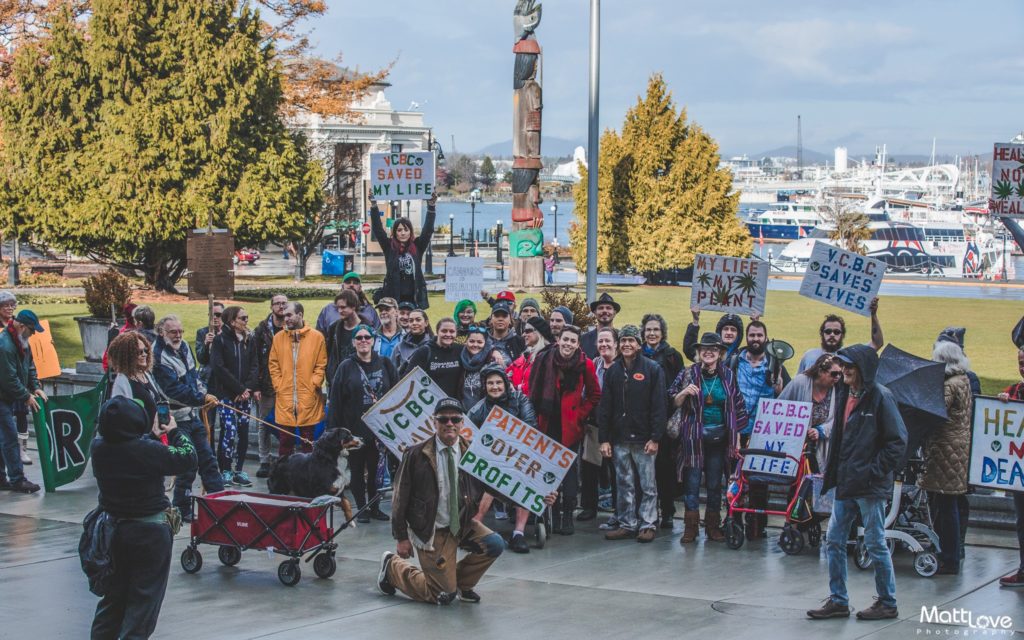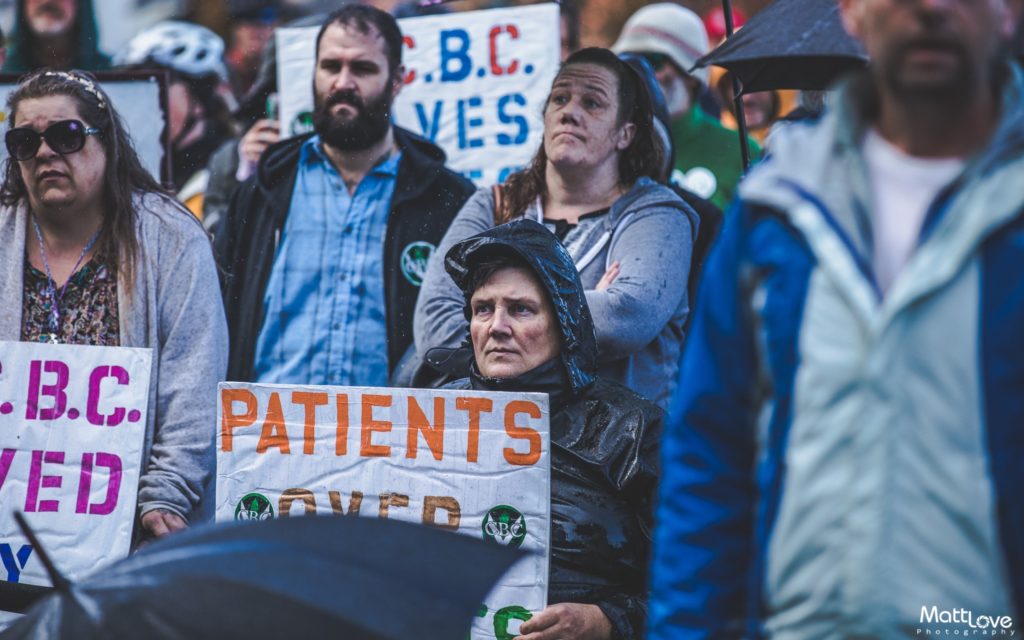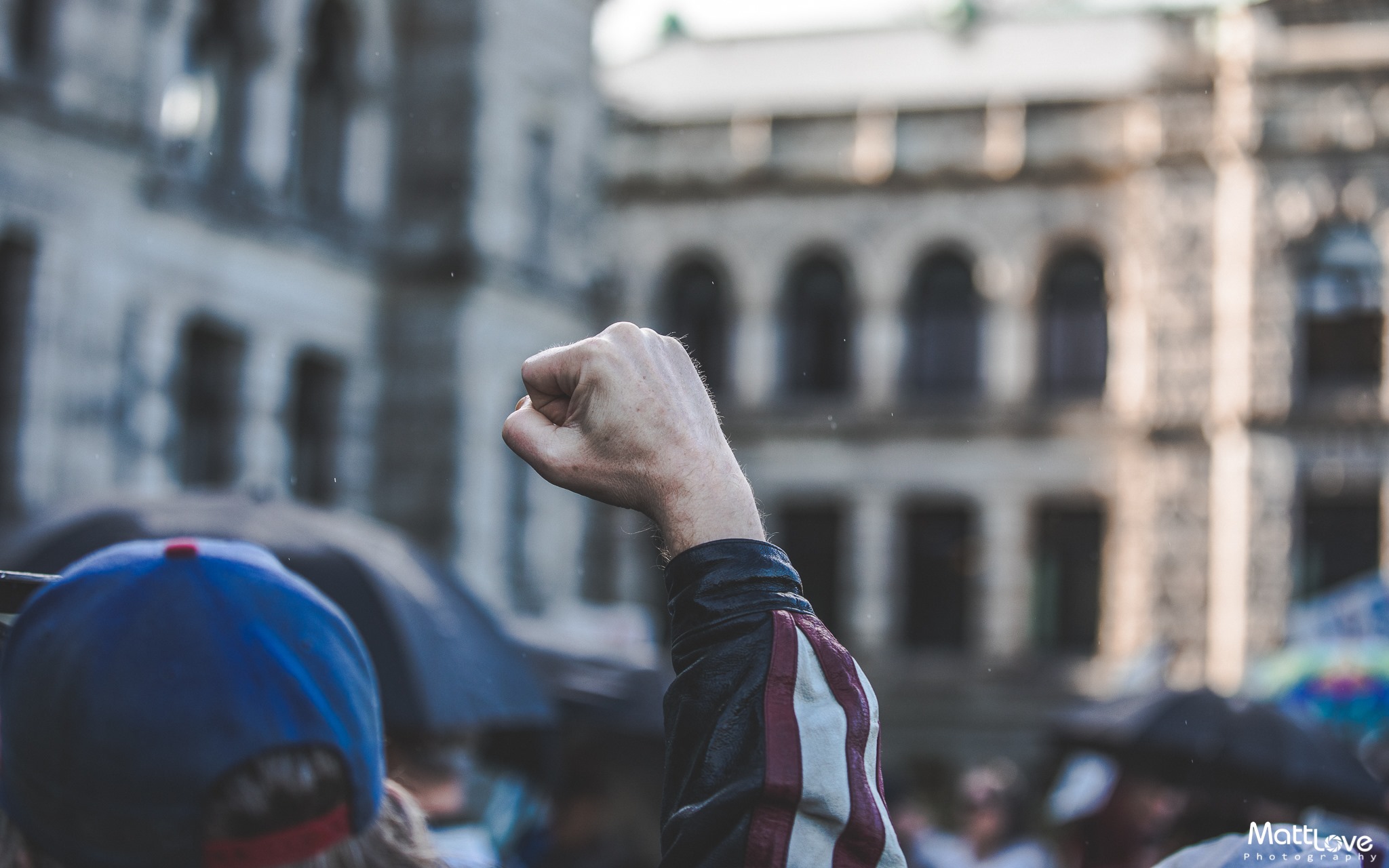One of the most potent forms of activism is protesting on the street but getting large numbers and media attention is difficult to generate. Typically only politicians in opposition parties will attend rallies, with those in power heavily protected from hearing voices of discontented citizens. While this may deter some from organizing small scale protests, there are many reasons to get supporters out to gather together and speak out, even if the politicians and their staff are not even listening.
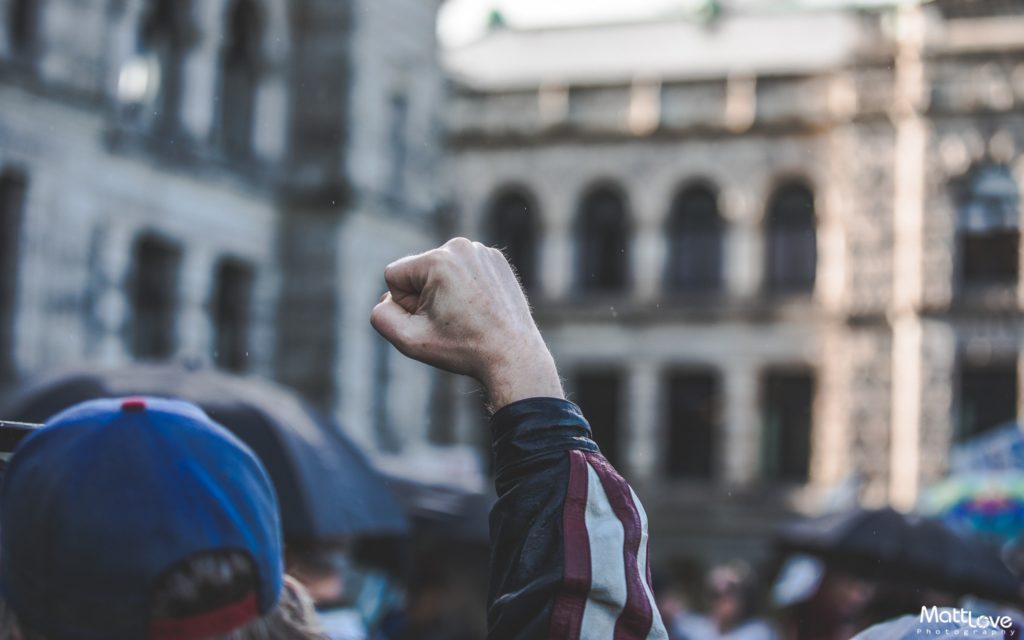
Getting small groups of people out to express their discontent builds a network of informed supporters that will build a foundation upon which other actions can be built. Encouraging frustrated and motivated citizens to get together is a valuable means of building community around social causes. Far too often activists are isolated and left feeling like they are alone. In a world where people feel scared and are increasingly isolated, we must act as social change instigators and give our supporters every opportunity we can to be a part of something bigger.
The power of social media cannot be underestimated when it comes to generating interest in a cause and small scale rallies are a perfect opportunity to create targeted content. Just one picture, with the appropriate sign or perfect facial expressions, can be spread far and wide. Videos and live feeds allow those who cannot attend due to schedule conflicts or mobility constraints the opportunity to hear the impactful words of the speakers. Indeed, strategic use of social media before, during and after public demonstrations can amplify the impact of any message that you are trying to get across to your desired audience.
Attracting mainstream media’s attention to your protest might not be easy but it can be done with the right approach. Press releases followed by an email and a phone call will ensure the press is aware of the situation, making it easy for them to create a story without even attending the event itself. Sending a follow-up email is often a better way to get coverage, as the media tends to avoid promoting events and report on them after.
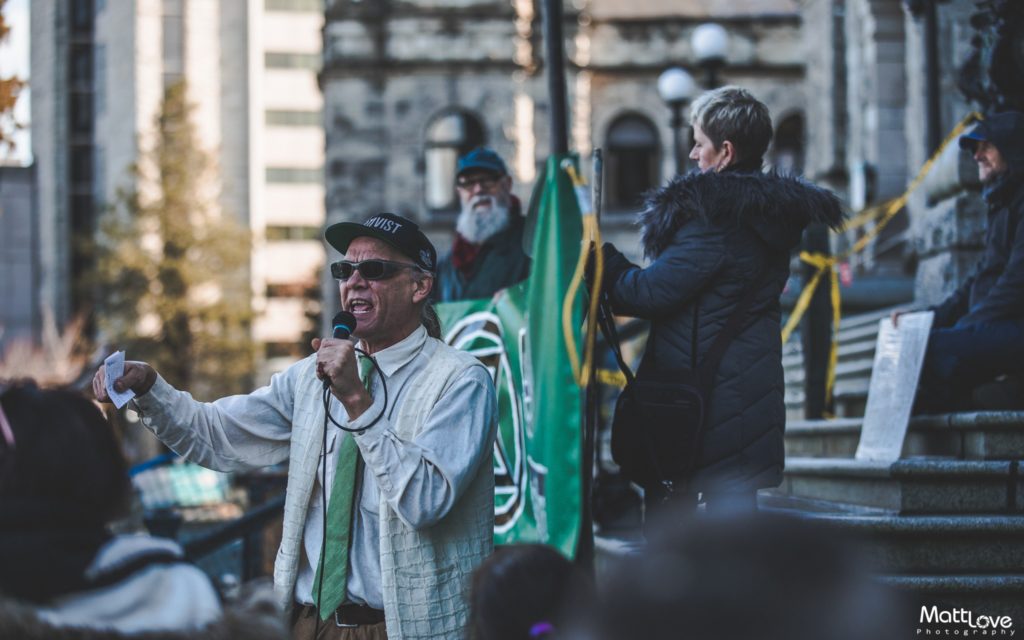
Inspiring and passionate speakers for rallies are a critical component of a successful event. With some help, their speech can be recorded for the masses to watch on social media. More importantly, those in attendance of demonstrations are often powerfully moved when hearing the personal stories of others negatively affected by government policies. The significance of sharing and the bonding that happens at rallies between victims of unjust government regulations can be profound.
Whether the event is a march down the streets, occupying an office or getting out front of a building with signs, getting groups out to protest is a direct tactic to engage with the uninformed public. Educating random strangers about government injustice is an excellent means of building new allies, sometimes connecting to people already concerned about the issue but unaware of your actions or meeting others unaware of the problem but willing to help once informed.
But when it comes right down to it, getting out and protesting can be fun and a good outlet for bottled-up frustration. Whether you dress up, make a sign or just get out and represent, participating in rallies is an excellent way to get out your message out, attract new supporters and encourage networking amongst those already on your team. Participatory education in constant passive civil disobedience is the best strategy available to those seeking change in any field.
